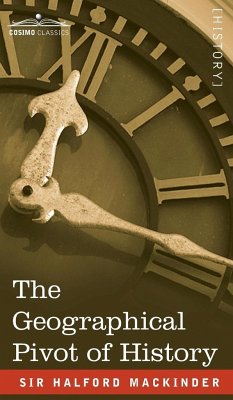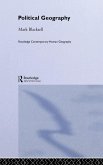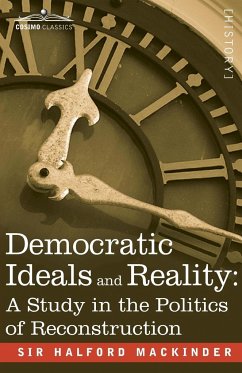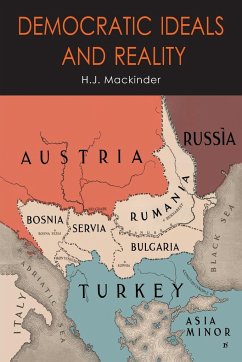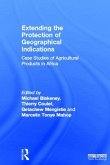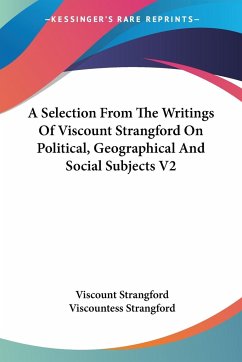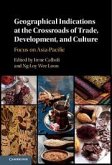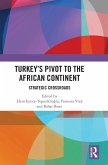"The ideas which go to form a nation, as opposed to a mere crowd of human animals have usually been accepted under the pressure of a common tribulation, and under a common necessity of resistance to external force." --Sir Halford Mackinder at the Royal Geographical Society, 1904 The Geographical Pivot of History was a paper submitted by Sir Halford John Mackinder in 1904 to the Royal Geographical Society in London. Mackinder had won earlier attention with his concept of geography as a bridge between the natural sciences and the humanities. In this paper, Mackinder advanced his so-called Heartland Theory, whereby the interior Asia and eastern Europe ("the Heartland") had become the strategic center of the world as a result of the relative decline of sea power against land power and of the economic and industrial development of southern Siberia. Mackinder's Heartland Theory has been considered the founding moment of geopolitics, the study of the effects of Earth's geography (human and physical) on politics and international relations. Mackinder's theories are further described in his book, Democratic Ideals and Reality (1919), also from Cosimo Classics.
Hinweis: Dieser Artikel kann nur an eine deutsche Lieferadresse ausgeliefert werden.
Hinweis: Dieser Artikel kann nur an eine deutsche Lieferadresse ausgeliefert werden.

